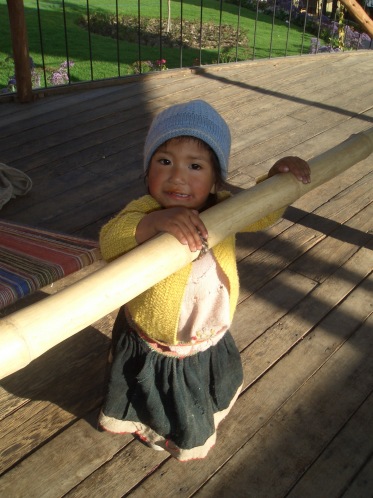Many travellers get to a point in their experience when they want to make a difference in the places they’ve visited. Whether it’s by donating money to a local charity, spending a day at an orphanage, taking a week to help build a school, or spending months working on a local development project, voluntourism has taken off. Tour operators, local businesses, and, naturally, the disingenuous, who only seek to profit off Western generosity, are all getting involved to take a piece of the pie.
Recently, a number of articles have been written debating the good of voluntourism and chastising voluntourism and voluntourists for taking jobs from locals, and creating such a demand for volunteer opportunities (the common example is Vietnamese orphanages), that locals are ‘renting’ their children out to orphanages to profit from voluntourists’ good intentions.
So what to do? If you want to make a difference abroad, but have become confused and incensed by these stories, there are still ways you can travel and contribute in a positive manner – the key is to do it sustainably.
You’ve heard the saying? “Give a man a fish and he eats for a day, teach a man to fish and he eats for life.”
It’s unbelievably applicable when it comes to voluntourism.
Going in and building a school may sound great, but how will it really help if there is no educational program in place?
There are still organisations out there that are truly doing excellent work in communities all over the world. Find them. Ask them questions. If they’re serious about being sustainable in the local communities, they will be very transparent about everything they (and volunteers) do.
Finding organisations that work on sustainable development projects such as educational systems, tourism conservation strategies, local economic and employment programs, and tourism business plans are all the types of things to look for. They focus more on giving local communities the tools and knowledge to succeed in life, in particular by leveraging tourism opportunities. Often times Western expertise, be it IT, communications, marketing, accounting, or administration, is extremely useful in the project development and implementation stages, and you can really see how your knowledge, experience, and input is making a difference in these communities.
However, these kinds of projects usually require a commitment of anywhere from a month to a year or two, which many of us cannot offer. So what to do when you’re a short-term traveller with a desire to help?
The answer is pretty simple: Buy Local.
Continue reading this on Lindsay’s This Is How I Travel blog


Very interesting piece Lindsay. We started our company by really trying to push for skilled volunteers and have linked many very sustainable placements where skills have been exchanged. We have chosen to link with local CBO’s (community based orgs) here is Malawi. Ones we feel are very proactive, have good leadership, have fair community representation etc. The CBO’s we have linked with are also on or near the tourist route in Malawi. We realised that one of major issues for these CBO’s is regular funding and instead of handing out we have tried to create a business model for them to support their programmes themselves instead of relying on donor support. As such we run ecotourism visits to these projects and 80% of the visit cost goes to the community project. We are now supported by GDF (The Geotourism Foundation). I still worry though that if tourism crashed here or moved in a different direction then our model would fail…i guess nothing is perfect and sharing ideas and being transparent about what we are all doing is the best way! Thanks for the above- food for thought! Kate
Posted by Kate Webb | December 23, 2011, 5:58 amThe program is good, its enable tourist /travel to interactive with local community, We are Peace for conservation limited an NGOs based in Tanzania East Africa, we developed program of volunteerism ( Adventure volunteers)
http://www.adventurevolunteers.net
we are looking any personal to cooperate
David
Posted by David Leonard Kabambo | June 13, 2017, 12:10 pm